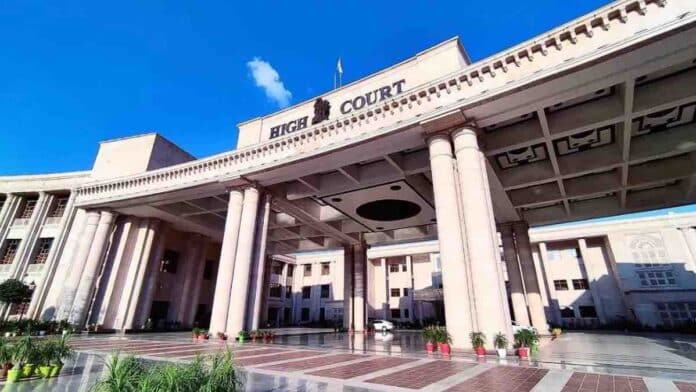In a judgment delivered on 11 April 2025, the Lucknow Bench of the Allahabad High Court acquitted Jodhhan @ Jeevdhan, who had been convicted and sentenced to life imprisonment for the murder of one Kanhaiya Lal under Section 302 of the Indian Penal Code. The Division Bench comprising Justice Sangeeta Chandra and Justice Ajai Kumar
To Read More Please Subscribe to VIP Membership for Unlimited Access to All the Articles, Download Available Copies of Judgments/Order, Acess to Central/State Bare Acts, Advertisement Free Content, Access to More than 4000 Legal Drafts( Readymade Editable Formats of Suits, Petitions, Writs, Legal Notices, Divorce Petitions, 138 Notices, Bail Applications etc.) in Hindi and English.




